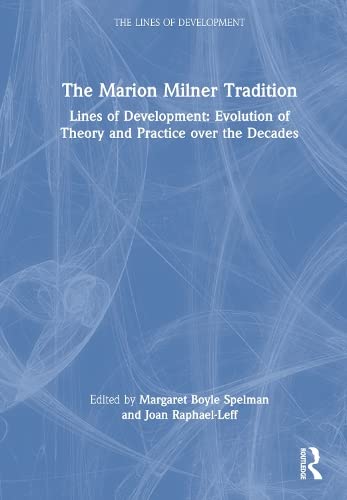

Most ebook files are in PDF format, so you can easily read them using various software such as Foxit Reader or directly on the Google Chrome browser.
Some ebook files are released by publishers in other formats such as .awz, .mobi, .epub, .fb2, etc. You may need to install specific software to read these formats on mobile/PC, such as Calibre.
Please read the tutorial at this link: https://ebookbell.com/faq
We offer FREE conversion to the popular formats you request; however, this may take some time. Therefore, right after payment, please email us, and we will try to provide the service as quickly as possible.
For some exceptional file formats or broken links (if any), please refrain from opening any disputes. Instead, email us first, and we will try to assist within a maximum of 6 hours.
EbookBell Team

5.0
78 reviewsThe Marion Milner Tradition provides a comprehensive overview of Milner’s eight-volume oeuvre for the first time, and celebrates her pioneering achievements both in psychoanalytic world and in creative and scientific disciplines such as clinical and organisational psychology, philosophy, mindfulness and spirituality, management theory, art therapy, as well as art appreciation/criticism.
This volume considers Marion Blackett Milner through the prism of her innovative engagement with people, art, and human experience, as well as her extraordinary contribution as an original thinker and researcher within the Independent Group of the British Psychoanalytical Society. The co-editors’ exploratory approach to her legacy is as open as the spirit of Milnerean ‘discovery research’ in defining its distinctive features. An assembly of fifty contributors were invited to interrogate the evolution of what is becoming known as the Milner Tradition, demarcating her influence on theory and clinical practice over the many decades of her life and since her death. They draw upon their professional interviews or friendship with Marion Blackett Milner, or intimate experience of her as an analyst, supervisor, or relative. Similarly, participants in global reading groups in Australia, England, Greece, Northern Ireland, the Republic of Ireland, and South Africa recount personal responses to their own exercise in action research.
The plethora of riches in this book will be of interest to both new and veteran readers of Milner’s opus, as well as students and practitioners from a variety of therapeutic and other disciplines.